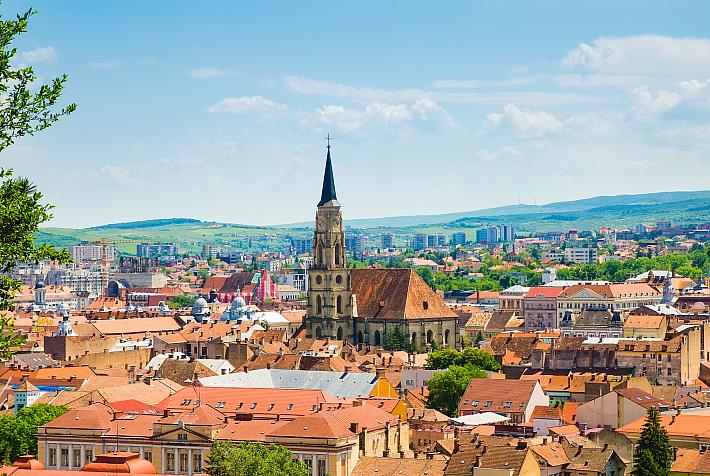Romania has third-lowest minimum wage in Europe

In January 2022, 13 Member States, located in the east and south of the EU, had minimum wages below EUR 1 000 per month, and Romania was among them. The list includes Bulgaria (EUR 332), Latvia (EUR 500), Romania (EUR 515), Hungary (EUR 542), Croatia (EUR 624), Slovakia (EUR 646), Czechia (EUR 652), Estonia (EUR 654), Poland (EUR 655), Lithuania (EUR 730), Greece (EUR 774), Malta (EUR 792) and Portugal (EUR 823).
In Slovenia (EUR 1,074) and Spain (EUR 1,126), minimum wages ranged just over EUR 1,000 per month, while in the remaining six Member States, minimum wages were above EUR 1,500 per month: France (EUR 1,603), Germany (EUR 1,621), Belgium (EUR 1,658), the Netherlands (EUR 1,725), Ireland (EUR 1,775) and Luxembourg (EUR 2,257).
For comparison, the federal minimum wage in the United States was EUR 1,110 in January 2022.
The members of the European Parliament (MEPs) in November 2021 decided to start talks with the European Commission on a directive that will guarantee all workers in the EU a fair and adequate minimum wage (but not the same minimum wage across the Union).
Even though all EU countries have some practice of minimum wage, in most member states, this remuneration often does not cover all living costs. About seven out of ten minimum wage workers in the EU found it difficult to make ends meet in 2018.
In October 2019, the European Parliament adopted a resolution, calling on the Commission to propose a legal instrument for fair minimum wages in the EU. In a report adopted in December 2020, the Parliament underlined that the directive on fair wages should contribute to eliminating in-work poverty and promote collective bargaining.
andrei@romania-insider.com
(Photo source: Shutterstock)













